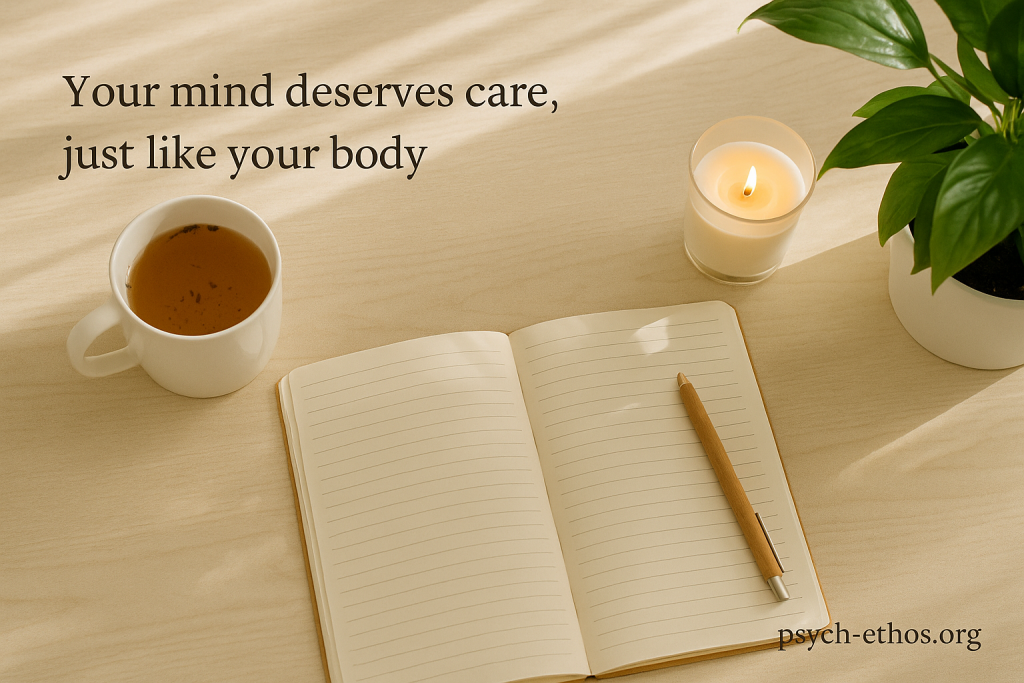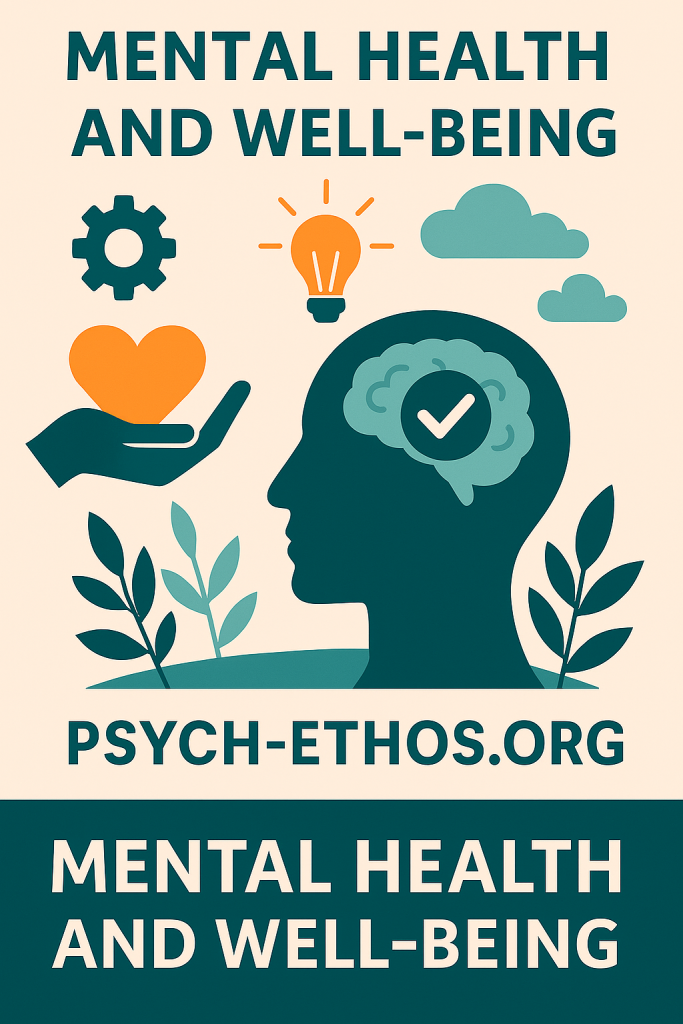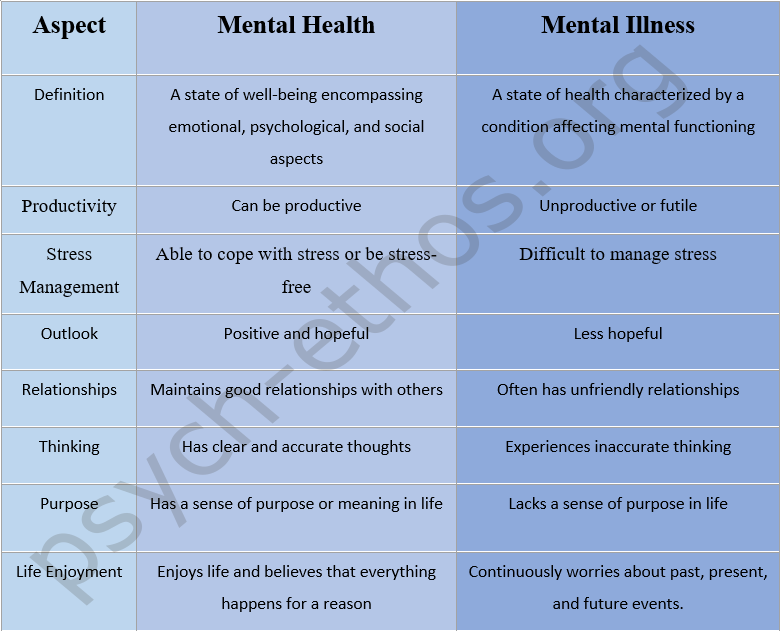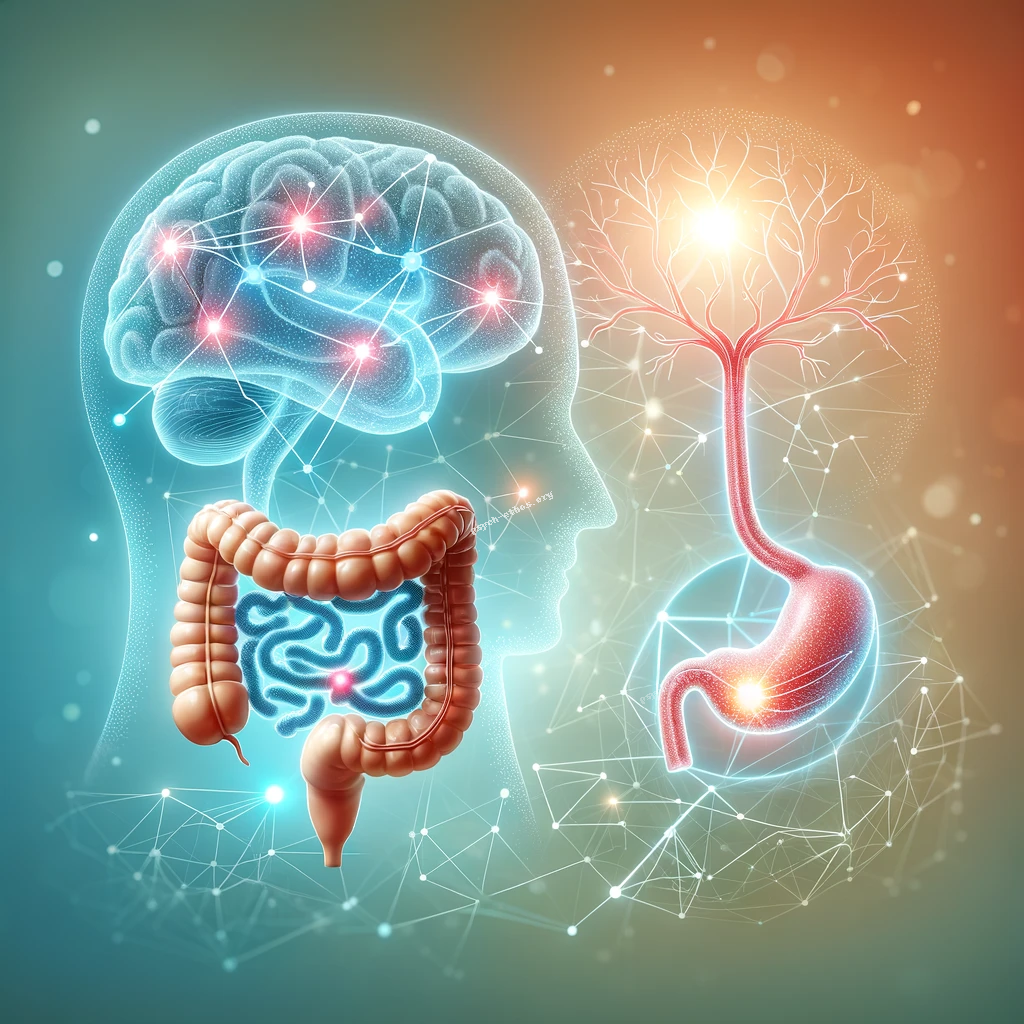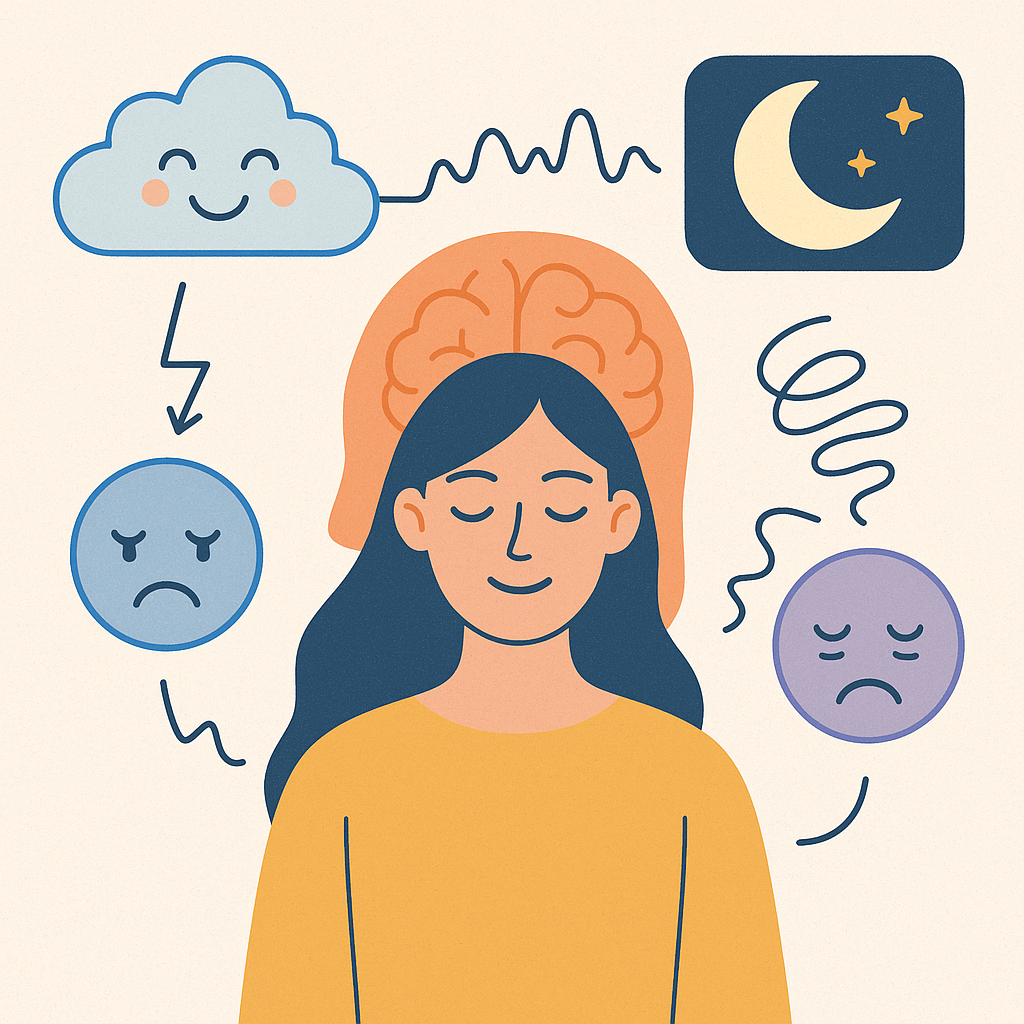A gentle follow-up to “Emotional Hygiene”

IIn my last blog, inspired by Liggy Webb’s insightful bite-sized book, we talked about emotional hygiene — the idea that we need to tend to our emotional bumps and bruises just like we care for physical ones.
But have we ever had one of those days where we just feel off?
We go through the motions — working, talking, getting things done — but something inside doesn’t feel right.
Maybe we’re more impatient than usual, or we feel low for no clear reason. It’s uncomfortable.
And often, it feels like we’ve lost our sense of direction, like a ship without a rudder. But what if there was a simple way for us to pause, check in with ourselves, and gently steer back on course?
This is where emotional intelligence comes in — it’s the “what’s next?” step in practicing good emotional hygiene.
So, What Is Emotional Intelligence?
Let’s not overcomplicate it. Emotional intelligence is simply understanding what we feel.
It’s being able to say, “Okay, I’m irritated — but what’s really behind this?”
It’s about not letting those feelings explode or control our day.
It also helps us tune into others — not just what they say, but what they might be feeling underneath.
We’re likely already using emotional intelligence in small, everyday ways — even if we don’t call it that.
A Small Moment That Says a Lot
For instance, let’s picture this.
We wake up tired with a vague irritation we can’t place.
We rush through breakfast, head to the office, and snap at a colleague without meaning to.
By evening, the whole day feels off, and we’re not even sure what triggered it.
Now let’s imagine the same day, just a little different.
We still wake up tired.
But this time, we pause and think, “I didn’t sleep well. Maybe that’s why I feel this way.”
We take a breath and decide to move through the morning a little more gently.
We give ourselves space, speak softer, and avoid jumping into things too quickly.
Right there — that’s emotional intelligence.
We noticed how we felt.
We didn’t let it take over.
We made a small choice that changed the tone of our day.
We responded, rather than reacted!
Where It Shows Up
We don’t have to try to use emotional intelligence — it’s already present in the little moments of our day.
- At work, it’s when we get feedback and choose to listen instead of getting defensive. It’s when we sense someone’s struggling and check in.
- At home, it’s when we pause before snapping. Or when we sit down beside someone and just listen — without needing to fix anything.
- Even when we’re alone, it’s what helps us forgive ourselves for not having it all together.
Each time we do this, we’re gently strengthening our inner muscle for emotional clarity.
We don’t have to be perfect. We just have to be present.
Can We Build It?
Yes, we absolutely can.
Emotional intelligence isn’t something we’re born with — it’s something we grow.
Like any other skill, it develops gradually, one mindful moment at a time.
It starts with noticing:
- When our mood shifts
- Who drains our energy and who grounds us
- How we respond — and how we wish we had responded
That’s the practice.
And the more we notice, the easier it gets.
Simple Habits That Help
These are habits I try to keep up with, and I’d love for us to practice them together and see what shifts.
- Start our day by asking, “How am I feeling this morning?”
- When something stirs us up, pause. One breath is enough to create a little space.
- Say what we truly feel. Not the safe “I’m fine,” but the honest version: “I’m feeling off, and I don’t know why.”
- At night, take a quiet moment. What emotion stayed with us today? Just thinking about it helps.
Each time we do this, we’re gently strengthening our inner muscle for emotional clarity.
A Kind Reminder
Emotional intelligence doesn’t mean we’ll always get it right. We’ll still lose our cool and say things we wish we hadn’t.
But we’ll catch it.
We’ll understand it better.
And over time, we’ll respond in ways that feel more balanced — more like us.
EI isn’t about being perfect. It’s about being honest. Aware. Kind — especially to ourselves.
Something to Try
Here’s a small habit to carry into the week.
- Each morning, let’s name how we’re feeling in one word. That’s it. Just one. Tired. Hopeful. Drained. Calm. Scattered.
- Then ask, “What do I need most today?”
Let’s try it for three days.
We might be surprised at how much clarity that small moment brings.
That’s emotional intelligence — one gentle step at a time.
Closing Thoughts
So, the next time we feel that drift, let’s remember we have an inner compass.
Emotional intelligence won’t stop the storms, but it helps us find our way through them.
With just a little practice, we can learn to check in and find our way back to solid ground.
Even on the most chaotic days, we still have the power to steer.
Take care of our emotions like we would our body.
Gently. Patiently. One moment at a time!
Until next time — let’s take care of ourselves. 🌱
